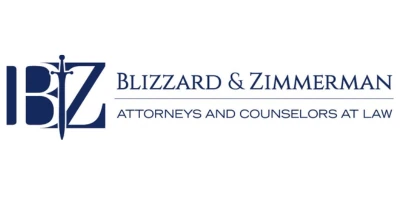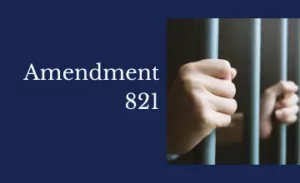Typically you file the federal 2255 Writ after your conviction is final; however, there are circumstances where you may file the 2255 Writ before your conviction is final.
When your conviction is final, it means that your direct appeal has already been filed and you were denied relief, and it also could mean that your direct appeal was rejected after consideration by higher courts, which in some cases can extend to the Supreme Court.
In any case, either you didn’t pursue the direct appeal at all or you’ve already gone through that process of the direct appeal and now you’re going to file the 2255 Writ.
Regardless, a thing you should keep in mind regardless of when you file your 2255 Writ is that you should file it within one year of your direct appeal being final, or if there was no direct appeal, you should file it within one year of your conviction being final on the district court level.
Although you would normally file your 2255 Writ after your conviction is final, there’s not a strict jurisdictional requirement that you can’t file the 2255 Writ before the appeal is final.
Even so, most courts want to hear the 2255 Writ after your direct appeal is final because you could receive relief from your direct appeal. Even if the court wishes for you to not pursue the direct appeal and 2255 Writ at the same time, you may find it desirable to do it anyways.
For example, if you put completely different issues in your 2255 Writ than what you put in your appeal, then you may want to pursue both at the same time.
This means the court has reasoned that the issues are entirely different and they could be resolved to give you relief on a separate basis and the courts have also said that this may be a situation where you are evidently entitled to relief based upon the grounds asserted in the 2255 Writ.
In the meantime, the government could keep you incarcerated through all of the direct appeal processes.
If you were to win at the circuit level, they could appeal to the United States Supreme Court and draw out your incarceration. This may be another reason why you would want to bring your 2255 Writ early. You could be entitled to relief, but the government could just be drawing out your direct appeal as long as they can.
The bottom line is that if you’re going to bring a writ application before your direct appeal is final, you need to be sure the issues on the 2255 and appeal are different. It is helpful to think about the 2255 Writ before your direct appeal is final because that timeline starts so quickly.
The timeline after your appeal is final is one year and so you need to file it within one year.
If you’re working on it while your direct appeal is pending but file it after it’s resolved, then you should make sure that you stay within that timeline because it can be quite lengthy to prepare for the 2255 Writ. After all, there’s a lot more record gathering than on direct appeal.
About The Attorney
 Jacob Blizzard is board certified in both criminal law and criminal appellate law.
He regularly practices in the areas of state and federal criminal defense, criminal appeals, post conviction writs of habeas corpus.
In Texas, there are more than 100,000 attorneys licensed to practice, but only 7,450 are board certified.
In the entire State of Texas, as of the 2019 certification year, there were only 87 attorneys board certified in both criminal law and criminal appellate law, making Mr. Blizzard one of 0.087% of attorneys in Texas to hold both of those certifications.
Jacob Blizzard is board certified in both criminal law and criminal appellate law.
He regularly practices in the areas of state and federal criminal defense, criminal appeals, post conviction writs of habeas corpus.
In Texas, there are more than 100,000 attorneys licensed to practice, but only 7,450 are board certified.
In the entire State of Texas, as of the 2019 certification year, there were only 87 attorneys board certified in both criminal law and criminal appellate law, making Mr. Blizzard one of 0.087% of attorneys in Texas to hold both of those certifications.



